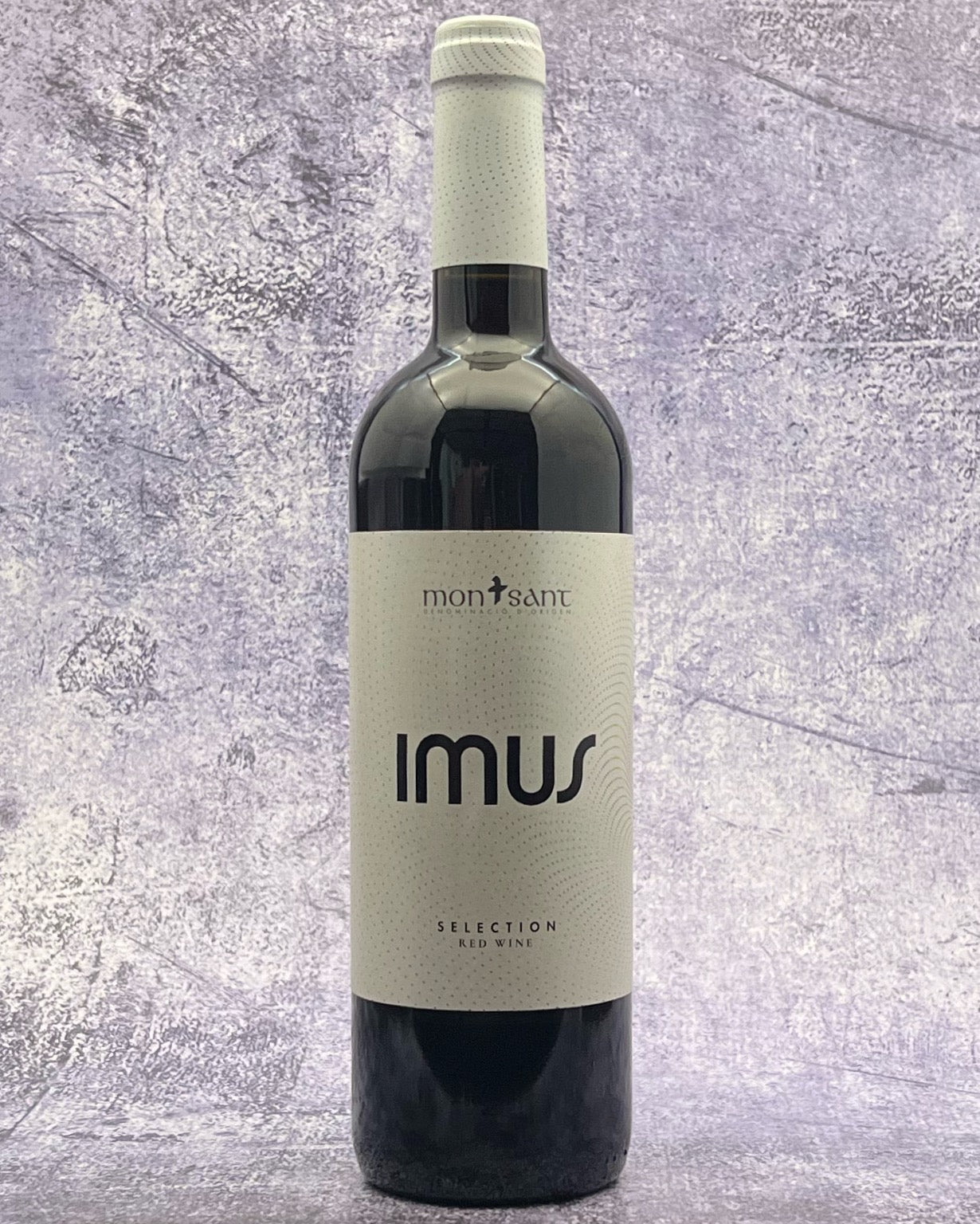Description
From: Montsant DO, Catalonia, Spain
Varietals: 50% Garnacha, 40% Cariñena (Mazuelo), 10% Syrah
Tasting Notes: This blend is a wonderful representation of the range of terroir present in Montsant. The wine leads with the fruit-forward nature of the Cariñena from the sandy soils, which shows itself in flavors of deep plum, red cherry, and spice. Meanwhile, the influence of Grenache from licorella (black-slate) soils provides balance, concentration, and complexity with its introduction of raspberry, black cherry, licorice, and fine-grained texture. Lastly, the Syrah from limestone soils imparts notes of white pepper as well as the structure that carries the wine into a cozy, satisfying finish.
Pairing: This wine is perfect for the nights when you can’t quite decide what to have for dinner, because it goes with just about anything—as long as you avoid seafood and dishes that are too spicy. It’s great for your favorite pizza or Mexican food takeout spots, or if you want to make something yourself you can lean into burgers, smoked ribs, grilled meats, umami-rich roasted vegetables, chili, and lasagna. For today’s pairing, we’re sharing Lidey Heck’s recipe for Porcupine Meatballs because it screams comfort food!
About. This wine comes from several dry farmed, head trained vineyards of Garnacha, Cariñena, and Syrah. These vines were planted around Falset, the capital of Montsant, between 1970 and 1995 and are owned by the members of the Bodegas Ordóñez cooperative. This area is situated in a valley surrounded by the Sierra del Montsant and Sierra de Llaberia mountains in the watershed of the Siurana River (between the Camp of Tarragona and mouth of the Ebro River). The Mediterranean climate here has strong climatic influences from the mountains that produce drastic temperature differences between day and night: perfect for achieving full ripeness.
The 50% Garnacha in this blend is planted in licorella black slate, while the 40% Cariñena is planted in sandy clay and the 10% Syrah is planted in calcareous limestone soils. The grapes are harvested in small boxes, and each vineyard is vinified separately to preserve the unique expression of each site. Cold maceration occurs before fermentation with indigenous yeast in stainless steel tanks. The wine is aged briefly in stainless steel prior to bottling to soften tannins before being bottled young to protect the wine's fresh fruit character.

